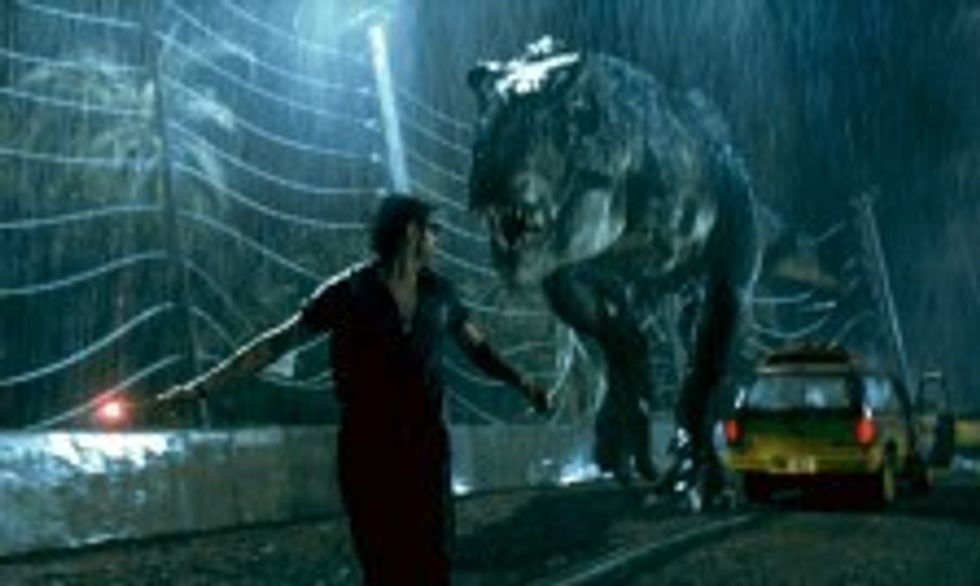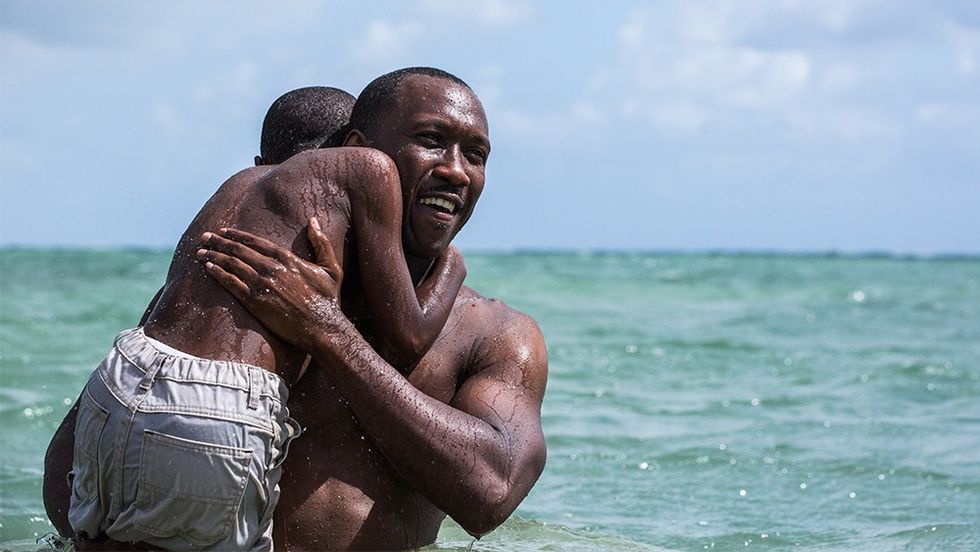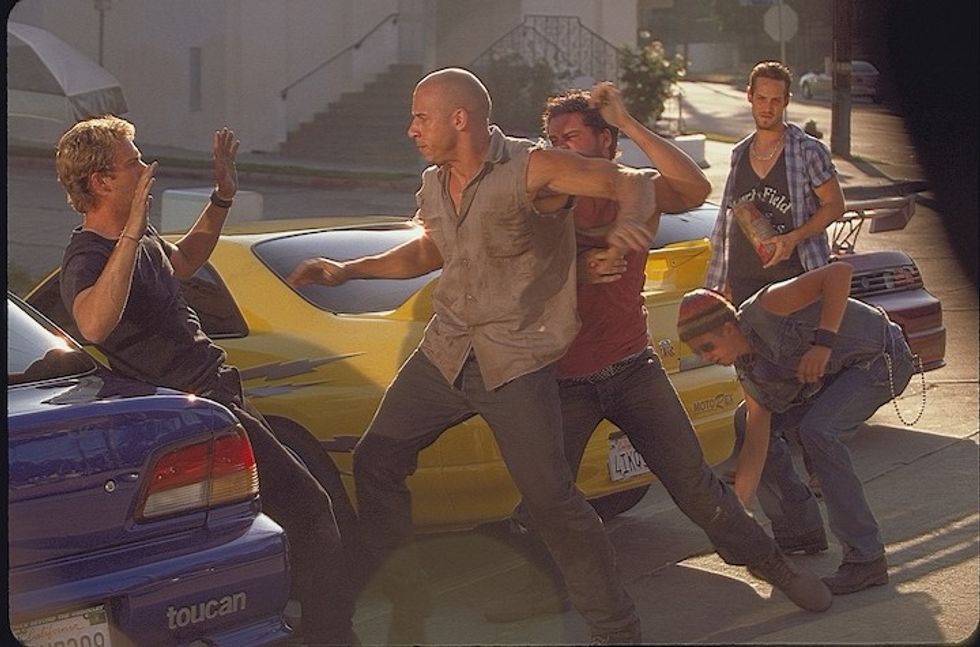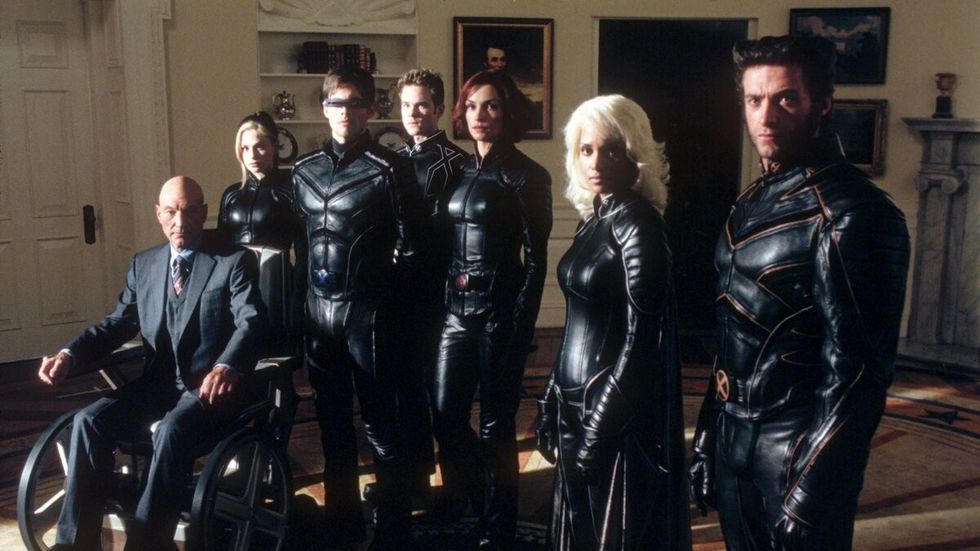How To Get Back In Touch With Your Creative Side
The Artist's Way is a guide to reconnecting with creativity. Does it work?
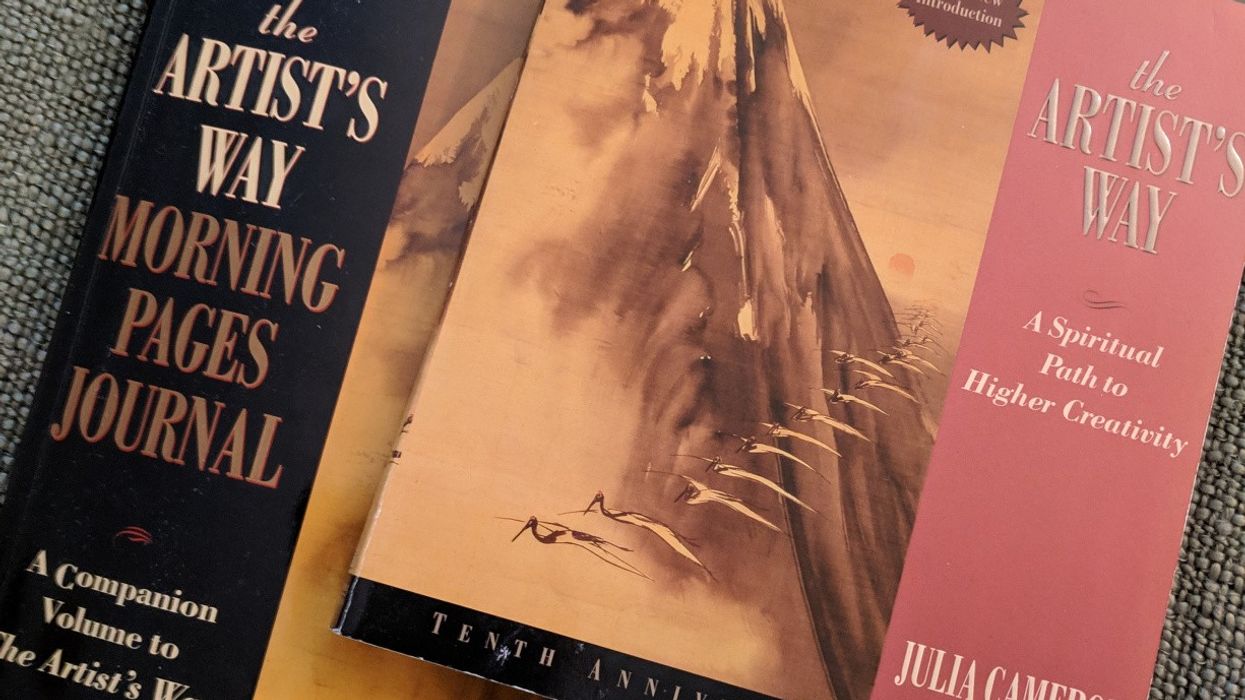
This is a little bit different from my normal field tests. Generally I get a piece of gear, play with it, and write about my thoughts. This field test isn't about technology, but instead is a program of action laid out by Julia Cameron in the book The Artist's Way.
It's a system of creative rebirth. I've owned a copy of the book for a decade and read half of it about 5 years before, but I had never followed the instructions and what it recommended, which is a bit like buying a cake box, reading the recipe on the back, and then wondering why I didn't have a cake.
So, I wanted to give it a proper field test. If I followed the instructions would I get a cake? This seemed like the perfect field test to run right now since many of us are facing the prospect of a long period of disruption from our normal routines. When those disruptions happen, it can also be a great time to look to create new routines, which is one of the goals of the program.
What is it?
The Artist's Way is a book, of course, but it's more like a plan. It sets out a serious of escalating activities that change over the course of the program, along with daily exercises that stay the same. One exercise is morning pages, where you write three pages freehand every morning. There are also weekly exercises to move you through creative blockages.
There are a whole host of supplement books if you want additional information (both by the original author, and fans), but the original text, outlines the how and why. Read the book once to get context, then embark on a 12-week program reading and working through one week at a time of artist dates, morning pages, and writing assignments to push through to the next phase of growth.
How did I work with it?
One of the hallmarks of The Artist's Way is the artist's pages. Wake up, and first thing, before anything else, write pages longhand on any subject. Just write. Journal, gibberish, dreams, ideas, just get the juices flowing first thing after opening your eyes. It's the "core technology" of the program, and it's the one many people continuing doing years after going through the original program.
Cameron is very focused on the morning pages being handwritten. It's a big part of the process since, according to her and also some pretty solid brain research, it appears to tap into another part of your brain than typing.
I hate writing by hand. In fact, I was diagnosed with dysgraphia as a child and not only is my handwriting terrible, it's actively unpleasant for me to do. It just does not work for me. Additionally, I'm from a generation that didn't grow up handwriting. I grew up writing with computers from at least the age of 8 or 9, so handwriting doesn't have the magical emotional engagement for me that it might for those of previous generations who spent countless childhood hours writing longhand.
So, I decided to instead use 750 Words, a site set up for folks to write their morning pages online. It seems like there are a lot of us who prefer typing to handwriting. Typing for me, using 750 Words, seemed to have the desired effect, so I'm going to say that it's a-ok to type and that 750 Words is a good way to structure that.
In fact, I've been using it off and on since January 2016, and nothing restarts my attention to the process like the PayPal auto-pay reminder on the first of every month. If I haven't been writing, the payment comes through and I immediately start again. I kind of wish it was free, or slightly cheaper (it's $5/month, and I wish it was something like $2/month), but it does work at getting me back on the writing horse again after I fall off yet another time.
Which is one of the key takeaways from the process of the morning pages. It's not vital to do them perfectly. It's not about building up a 3-month streak of perfect morning pages. It's about getting your creative juices flowing, forgiving yourself if you didn't get them going yesterday, and getting them going again today. Some months I wrote every single day, some months I didn't, but I can 100% state with confidence that periods when I did the morning pages regularly also lead to more forms of creative output.
However, you'll notice I started with 750 Words in 2016, and then I mentioned that I did The Artist's Way full program in 2018. After 2 years of dragging my feet, doing the morning pages and thinking, "I should really do the whole program because I haven't made anything in a while and I'm feeling a bit stuck." In January 2018 I sat down and kicked off the program in earnest. I did the writing assignments (there is a different one every week), took myself on artist's dates (seeing a movie alone, going to a museum or gallery alone, going on photo safari's around the city), and in general followed the program to the best of my ability for the full 12 weeks. She promises the hardest week is the "no reading" week, and she was right. It was very hard to not read recreationally for a week.
While it's possible to go for a walk outside, getting through an entire day without reading or other activities might be too much. The key is to remember, with everything about The Artist's Way, is that it's about the journey, not the destination. If you fail, and halfway through the day start reading the New York Times to check on the latest news, forgive yourself and start over.
Did it work?
The process itself was incredibly rewarding. While some things were a challenge, others were a joy. While doing the program, I wrote a web series called Salty Pirate that I had been meaning to write for a year. It just came out of me. Actually, that's not right, it was torture. Every line and every scene was like drawing blood, and it took months and months and months, but it came out. I was able to do it using the tools and techniques found in the book. In the summer of 2018, we shot it. You can check it out in the Ficto beta as of March 26th, or learn more about the show at SaltyPirate.tv.
Before that, my last feature was in 2012. If you've never been blocked creatively, you don't know what a miracle that is. After a decade of never going more than a year without making something, I all of the sudden had a 6-year gap without making anything.
Lots of things lined up for me to be able to be creative again, and I'm grateful for them all, but I have to honestly admit that the program was an important and vital aspect of that process.
If you are a creative looking to reconnect with your imagination, The Artist's Way is definitely worth a shot.




